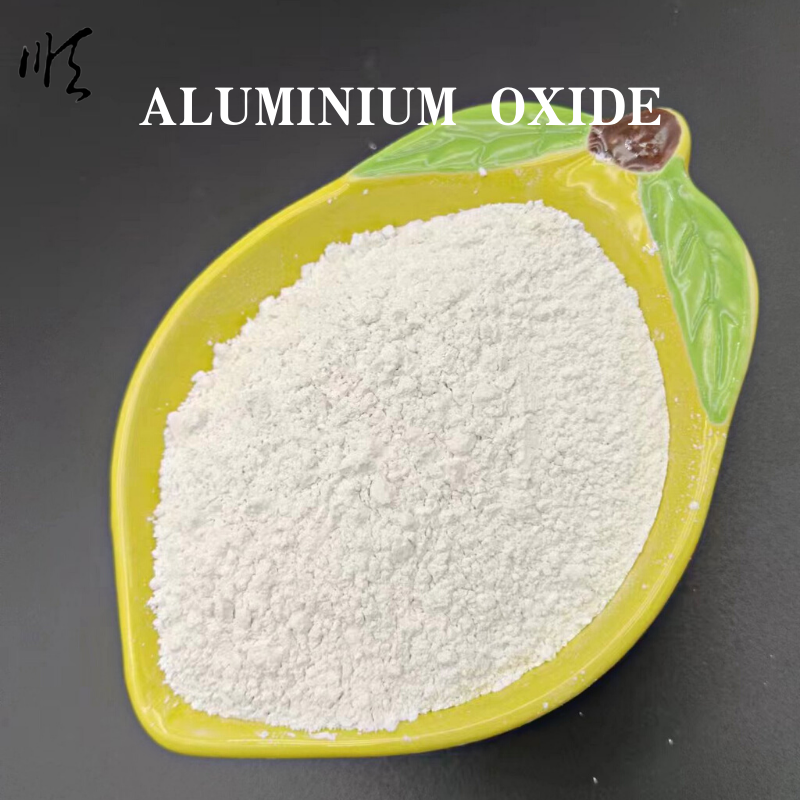
marble powder factories
The Rise of Marble Powder Factories A Sustainable Approach to Waste Management
In recent years, the industrial landscape has witnessed a remarkable transformation with the emergence of marble powder factories. These establishments are redefining waste management in the stone processing industry, offering innovative solutions to the environmental challenges posed by marble production. Marble, a metamorphic rock known for its beauty and durability, is extensively used in construction and decorative applications. However, the extraction and processing of marble generate significant amounts of waste, primarily in the form of marble powder. This article explores the significance of marble powder factories in promoting sustainable practices, their operational mechanisms, and their benefits for various industries.
Understanding Marble Powder Waste
The marble industry is renowned for generating large volumes of waste during quarrying and processing. It is estimated that for every cubic meter of marble extracted, approximately 30-40% is wasted as powder and chips. Traditionally, this waste has been disposed of in landfills, posing environmental concerns such as soil degradation, water pollution, and habitat destruction. The rise of marble powder factories responds to these challenges by repurposing this waste into valuable raw materials for various applications.
The Operations of Marble Powder Factories
Marble powder factories typically employ advanced technology and sustainable practices to process marble waste efficiently. The journey begins with the collection of marble scraps and powder generated from quarries and processing units. These materials are transported to the factory, where they undergo a series of treatments to ensure quality and consistency.
The initial step involves crushing larger chunks of marble into smaller pieces, which are then ground into a fine powder using specialized milling machines. The grinding process not only reduces the size of the particles but also enhances their purity, making the powder suitable for a variety of applications.
Once the marble powder is produced, it can be treated further to enhance its properties. This may include processes such as sieving to ensure uniform particle size, adding additives to improve performance, and packaging for distribution. The resulting product can then be marketed to various sectors, including construction, ceramics, plastics, and even cosmetic industries.
Applications of Marble Powder
marble powder factories

The versatility of marble powder makes it an attractive alternative to traditional raw materials. In the construction industry, it is commonly used as a partial replacement for cement in concrete production, contributing to enhanced strength and durability while reducing the overall carbon footprint of construction projects. Additionally, marble powder serves as a filler in various construction materials, including tiles, bricks, and paints.
In the ceramics industry, marble powder is valued for its whiteness and ability to improve the aesthetic appeal of products. It is often used in the production of tiles, sanitary ware, and pottery, providing a sustainable option that also meets quality standards.
The plastic industry has also recognized the potential of marble powder as a filler material, enhancing the mechanical properties of products while reducing production costs. Moreover, cosmetics manufacturers have started to incorporate marble powder in formulations for its soft texture and natural appearance, appealing to consumers seeking eco-friendly beauty products.
Environmental and Economic Benefits
The establishment of marble powder factories offers significant environmental benefits. By converting waste into valuable products, these factories help reduce landfill dependence, minimize environmental degradation, and promote recycling within the marble industry. Furthermore, the utilization of marble powder can lead to lower carbon emissions associated with traditional materials, thereby contributing to a more sustainable future.
Economically, these factories generate employment opportunities in local communities and stimulate growth within associated industries. The added value of transforming waste into commercial products can also lead to increased profitability for marble processing firms and support the development of circular economy initiatives.
Conclusion
In conclusion, marble powder factories represent a pivotal advancement in sustainable waste management practices within the marble industry. By effectively repurposing marble waste, these factories not only mitigate environmental harm but also create new economic opportunities. As the world increasingly prioritizes sustainability, the role of marble powder factories in promoting eco-friendly solutions is set to expand, driving innovation and fostering responsible practices in various sectors. Embracing this approach will not only benefit industries directly involved but also contribute to a healthier planet for future generations.
Share
-
Vermiculite Wholesale – Premium Quality, Bulk Supply & Competitive PricingNewsJun.10,2025
-
Premium Glass Pebbles Custom Glass Pebbles Factory & OEM Manufacturer Reliable Custom Glass Pebbles FactoriesNewsJun.10,2025
-
Expert Custom Zeolite Producers Manufacturers & FactoriesNewsJun.10,2025
-
Custom Glow in the Dark Beads High-Quality Custom ManufacturersNewsJun.10,2025
-
China Ceramsite Balls Factory - Lightweight & Durable Media Solutions ManufacturerNewsJun.09,2025
-
Custom Matte Mica Powder Manufacturers High Quality & AffordableNewsJun.09,2025






